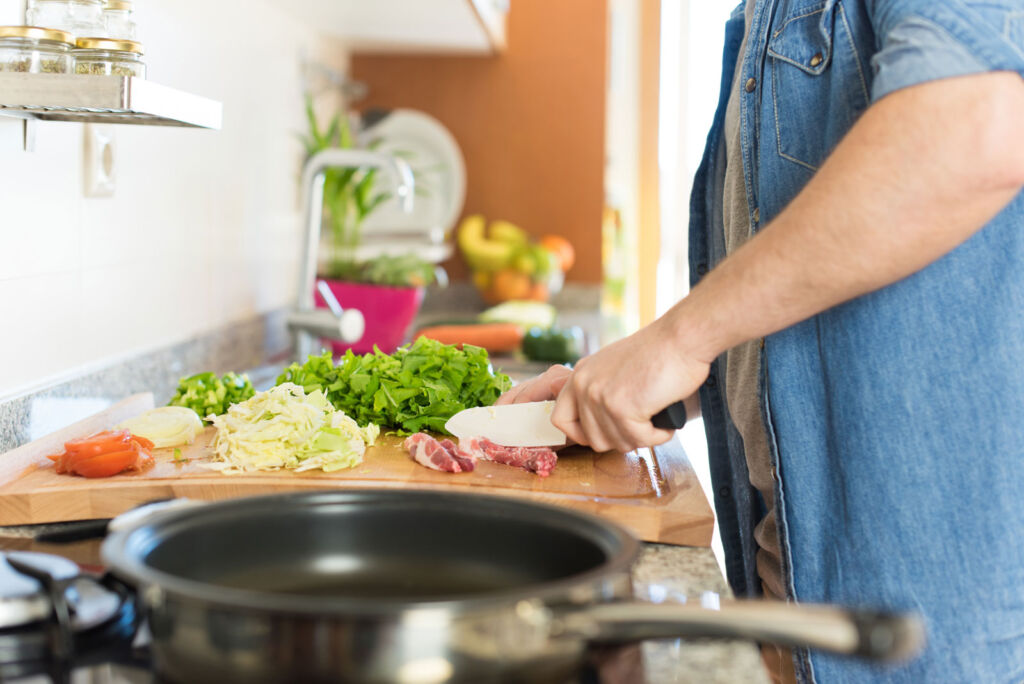
Food wastage makes no sense. Why throw away what you’ve purchased when much of it is still useful? Some might think it’s not a big issue, it is, and it’s put into better context when an independent report shows that a country such as the UK produces almost 10 million tonnes of food waste, which would’ve been enough to make more than 15 billion meals.
The most recent report by the charity Waste and Resources Action Program (WRAP) shows that a staggering 9,5 million tonnes of food waste are produced in the UK, out of which 70% was intended to be consumed by people, the rest being inedible. Although a lot of hard work is being put in place to address this, more can be done, and household consumers are one of the best places to start.
As the Stand Up For Food Month 2021 campaign kicks off in September, J. Parker’s, one of the leading plant and bulb companies in the UK, has provided us with tips on how you can start reducing food waste and contribute to a more sustainable way of living.
Why all the fuss about food waste?
Wasting food is not a matter with a single consequence. Firstly, food wastage leads to water wastage. According to research from the World Health Organization, food wastage can waste enough water to cover all of the world’s household water needs.
Secondly, food wastage also contributes to the emission of greenhouse gases which leads to global warming. This is because most of the food that is thrown out usually goes into landfills. As it rots in the landfill, it produces methane, which is a greenhouse gas.
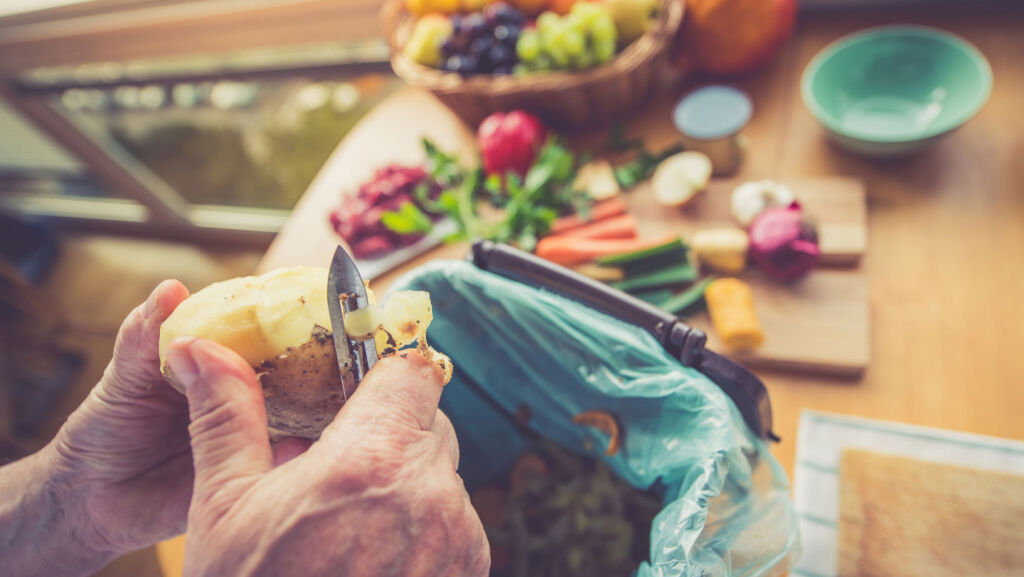
So, how can we reduce the amount of food wastage?
These are some of the things we need to do to make sure we cap on the amount of food wastage produced as a person, a household, and even a community.
Plan your meals
Start by planning your meals. This means not buying whatever is left on the shelves. Rather, buy what you can eat and eat what you buy. Planning your meals allows you to not only reduce food wastage but also eat better. Moreover, you have an easier time doing grocery shopping.
You can start by making a weekly plan and buy ingredients that you can use for multiple meals. When writing your shopping list, you can start based on the food you already have.
You can even invest in meal-planning books that can guide you on planning your meals better and saving food and money.
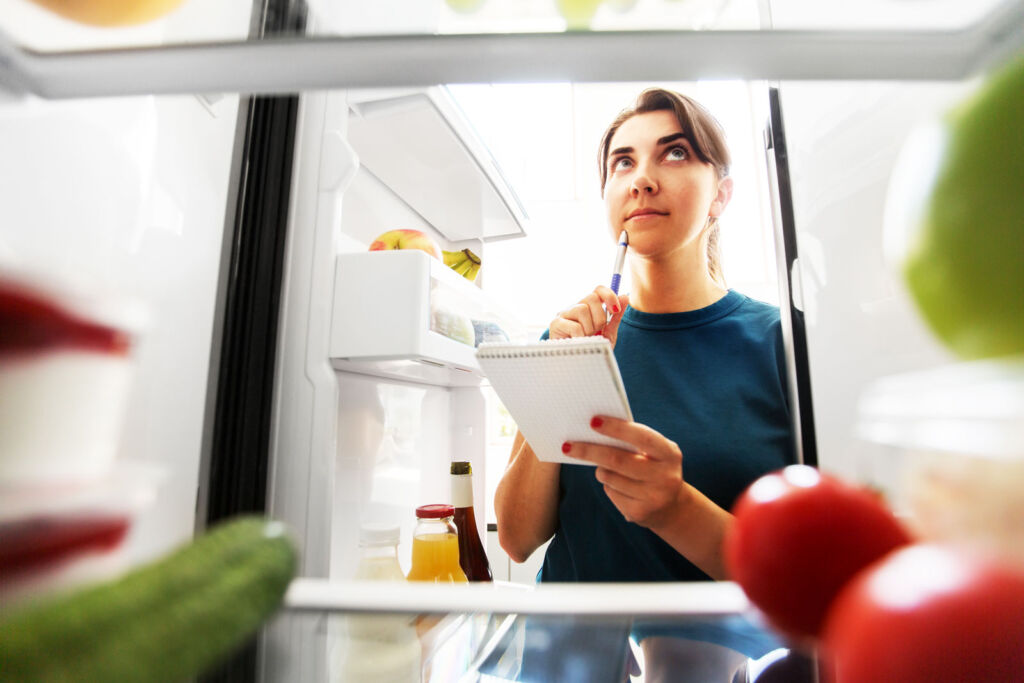
Organise your fridge
One of the biggest contributors to food wastage is a disorganised fridge. Since you can’t spend the time searching for a streak of bacon that was stashed deep into the freezer, you end up spending more on a fresh supply, leaving the forgotten piece to rot. So, how can you deal with that?
Take some time and scrub and clean your fridge. Do this first before attempting to organise it so that all the dirt, old and spoilt food can be removed from the fridge. When putting the food back in, try using the following procedure to ensure you preserve the food’s freshness and increase its chances of being found and eaten.
First, store the fish and meat on the bottom shelf where it is the coldest. Put the vegetables in the humidity drawer. The fruits can follow in the low humidity drawer.
For the leftovers, store them on the upper shelf. To get an idea of which one is fresher than the other, label each with dates. Finally, avoid putting milk and eggs at the door since this is the warmest section of the fridge.
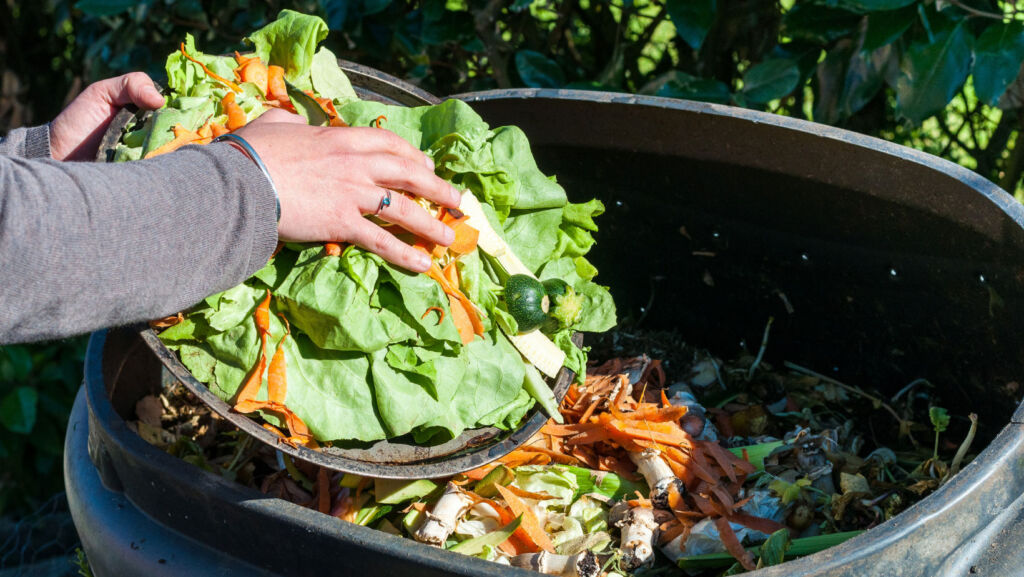
Start composting
Sadly, even the best at food preservation end up wasting a few kilograms. So, what should you do with the inevitable waste? Instead of putting it in the bin where it will end up in the landfill producing methane, try composting.
What you need to do is build a compost bin in your backyard. Alternatively, if there is a local compost company in your neighbourhood or a curbside compost company, call them for a pick-up.
If you’re composting in your backyard, the compost you create can be very useful in the garden. Alternatively, you can give it to local farmers who’ll use it on their land instead of buying commercial fertilisers.
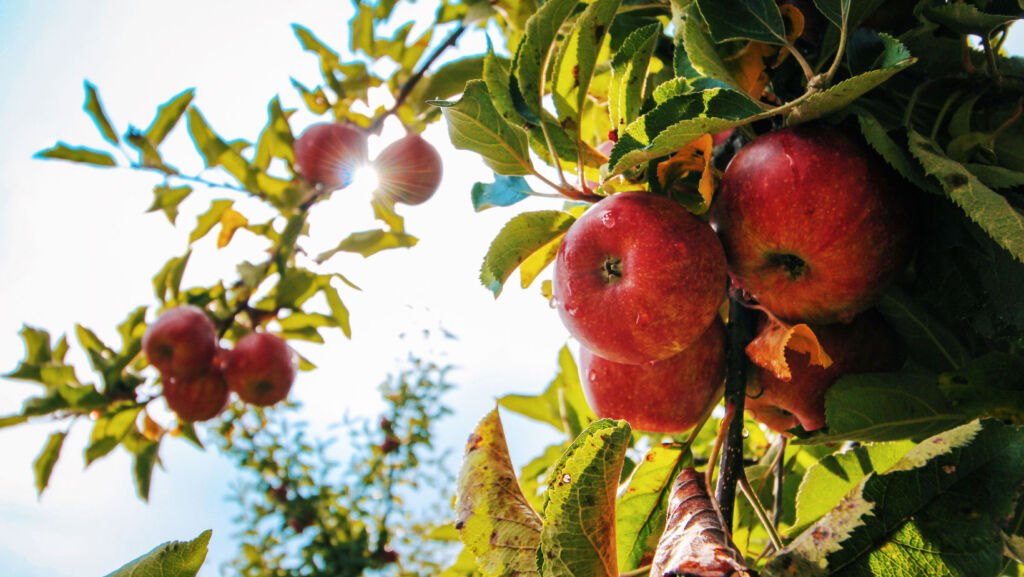
Try community gardening
Food wastage is also contributed by buying or even planting too much. Suppose you happen to live in a community that’s interested in gardening. In that case, investing in community gardening can help you grow the right amount of food you need as a community or neighbourhood.
The first thing you need to do is find an online plant vendor from whom you can source seeds for the garden. You can then plant commonly bought produce such as broccoli; for example, the broccoli marathon variant performs well in the garden. You can also get the cucumber gambit plant, and don’t forget to buy the tomato sweet million that is a high-yielding variant.
Another great thing about community gardening is that apart from saving space and allowing you to plant what you need, you can also compost any waste food or rotten produce you get and so be more sustainable.
Eat the skin
Most people remove the skin of most vegetables, fruits, and chicken when preparing it. However, these skins can be eaten and are packed with a lot of health benefits.
For instance, apple skins contain a lot of vitamins, fibre, antioxidants, and minerals. Chicken skin contains nutrients such as vitamins A and B, healthy fats, and protein. It is also a great source of selenium, an antioxidant that helps fight inflammation.
The outer layers of potatoes, mangoes, carrots, kiwis, cucumbers, and eggplants are also edible and nutritious. Most of them are also delicious.

Reduce your food waste, feel better about yourself and make the planet more sustainable
Although we can’t be waste-free, by regulating how much you buy, what you buy, and how you garden, you can save plenty of food and make your household and your community more sustainable.
Summing up, Shannen Godwin, J. Parker’s spokesperson, says, “Our current food waste crisis needs a cultural change which begins with the individual. While the environment suffers from the amount of food we throw away, there are millions of people throughout the UK who can’t afford to eat. Managing this resource and addressing the imbalance starts at home, in our own kitchens and gardens.”
Read more guides on gardening and plants in our lifestyle section here.
![]()




You must be logged in to post a comment.